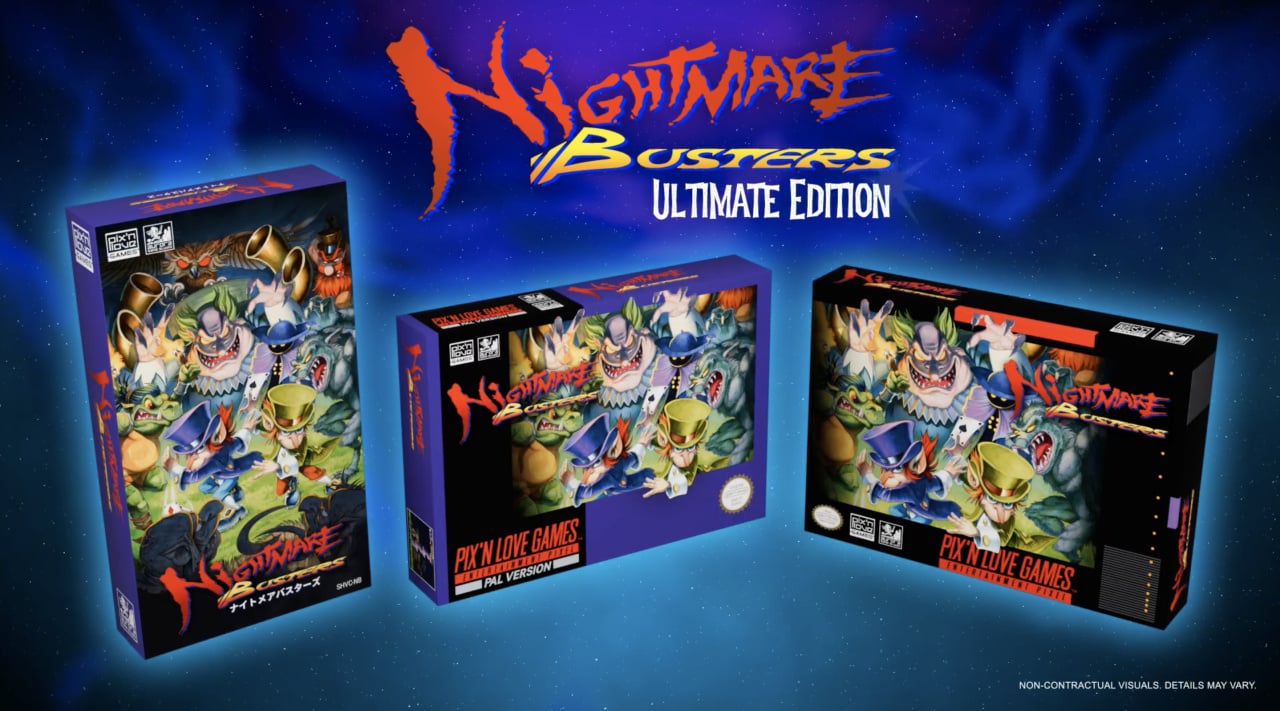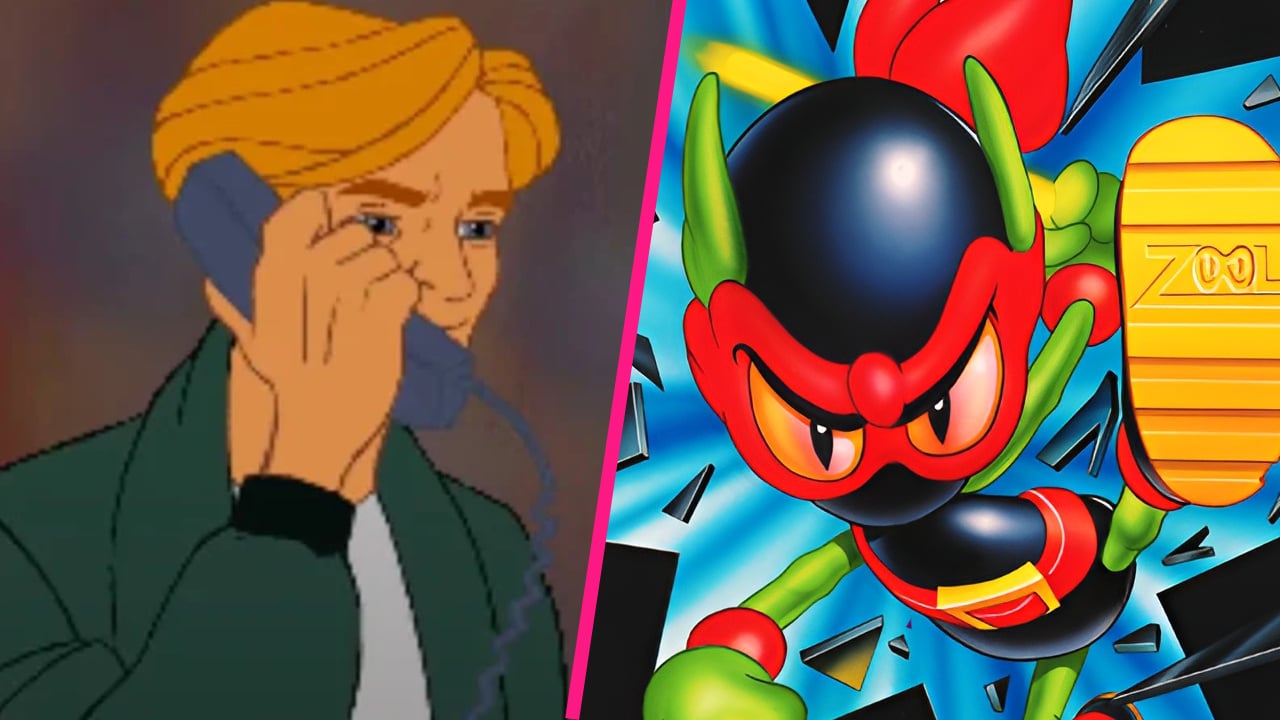No one can ever quite agree what really makes a video game retro. Ten years old used to be a good yardstick, but as time marches on, and ten years ago now includes the PlayStation 4, well, that’s not generally a good definition. Strangely enough, though, there’s one ten-year-old game whose retro pedigree is impeccable, even if it seemed every bit as retro at the time. I am, of course, referring to Shovel Knight, the indie darling mash-up hit of 2014 that everyone agree looks and feels just like a classic NES game, despite the fact that everyone agrees that the parallax scrolling and wordy text boxes are total anachronisms.
One fun fact I learned from the Boss Fight written history of Shovel Knight’s history is that while the graphics used a lot of cheats to look nicer than was practical for a real NES game, the sound design actually does work completely within the constraints of real NES hardware and has even been played out of a real NES at special events. Even beyond the game itself, this Boss Fight book really taps into the hype of that moment. It’s a little crazy looking back that Manami Matsumae, the composer of the NES era Mega Man games, actually worked on Shovel Knight. Given that this is the kind of name only people like the Yacht Club development team would even recognize off the top of their head, it’s hard to blame them for initially assuming the proposed collaboration was some kind of joke.
The broader narrative of the Boss Fight book here is mainly just the story of a startup as described by whatever people at Yacht Club David L. Craddock was able to speak to. Yacht Club certainly knew their audience- try searching around for any of the names in this book and you’ll quickly find interviews all over the place where they talked about the work they did on Shovel Knight. The advantage of the Boss Fight edition of their story, or indeed, the Boss Fight edition of any story, is how it takes all these scattered anecdotes and turns them into a fairly coherent linear narrative. That Shovel Knight has a happy ending is a bit remarkable, albeit predictable, given all the gloomy stories about Yacht Club teetering on the edge of bankruptcy.
The story of Shovel Knight itself barely needs to be told at all, since just playing the game makes its influences quite obvious. Themed levels and bosses ala Mega Man, a world map ala Super Mario Bros. 3, side-scrolling towns akin to Zelda II: The Adventure of Link or Castlevania. The fairly elaborate inventory system wasn’t really an NES staple, though. Neither is the way Shovel Knight dispenses with lives and just has the title character drop all his loot upon dying ala Dark Souls. But then that’s the whole beauty of the project. For all its anachronisms, Shovel Knight consistently feels like an NES game- and a fair one at that, consistently challenging without being punitive as its antecedents were.
The way the setting was crafted remains compelling. The first boss, King Knight, seems like an odd idea since knights normally serve kings, but as the Yacht Club team explains, it was an obvious idea for the motif of the colorful world of themed knights. Shield Knight’s arc of being more partner than damsel, and the surprisingly grim original ending of the game, remains sweet and compelling despite of, or maybe because of, the game’s minimalist style. Fishing is still arbitrary and weird. I didn’t realize the game even had a fishing mechanic until I read the book, despite playing it years ago. And as it happens, the book inspired me to pick it up again, and what happened is no surprise. Shovel Knight remains a solid, exceptional piece of eighties style platforming that’s aged every bit as well, if not better, than the retro games it pulls inspiration from.
The post A review of Shovel Knight from Boss Fight Books appeared first on Old School Gamer Magazine.










